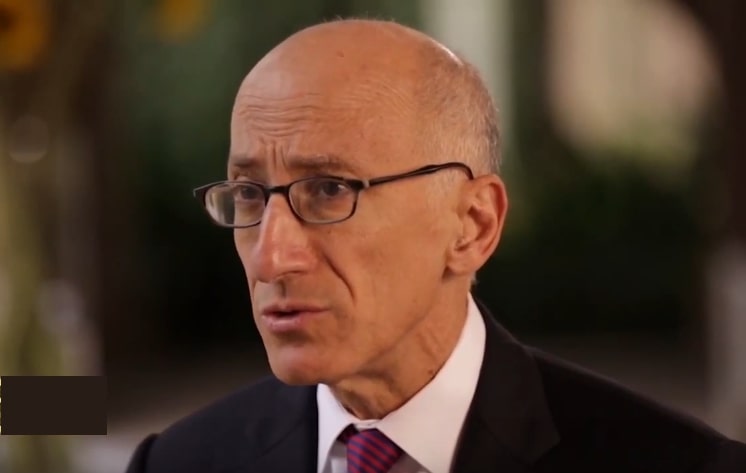Facebook’s Libra Could Become a Multi-coin Payments Network
Facebook’s Libra project could turn into a network that accepts a wide range of coins, including central banks-issued digital fiats.

Despite previously released plans to develop its own digital currency, the social media giant and its Libra Association partners are now reportedly considering turning the initiative into a payments network – perhaps allowing the project to bypass some of the regulatory hurdles that have so far blighted its progress.
Sources close to the project told Bloomberg that the revamped Libra would be compatible with coins issued by central banks worldwide, as well as stablecoins backed by the dollar, euro, and other currencies.
Per an official communication, the association claimed it was sticking to its guns. However, the association stopped short of providing any detailed information on its business model, suggesting that the project’s final direction was still a matter for discussion among its members.
Dante Disparte, the head of Policy and Communications at the Libra Association told the BBC,
“The Libra Association has not altered its goal of building a regulatory compliant global payment network, and the basic design principles that support that goal have not been changed nor has the potential for this network to foster future innovation.”
Facebook’s association partners include a number of e-business giants, such as Coinbase, Spotify, Lyft, Uber, PayU, and Shopify.
However, in a major blow to the venture in October last year, a number of payments and retail industry players decided to leave the project, including PayPal, Mastercard, Visa, eBay, Mercado Pago, and Stripe – likely in response to escalating regulatory pressure from central banks and international lawmakers.
Some of the senior regulatory officials who have voiced concern over Libra’s potential role in the markets include Denis Beau, the first deputy governor of the central Bank of France, who told Reuters in October that if Libra-like projects “were to take off, they would raise additional issues in terms of competition, policy, financial stability and monetary policy,” insisting that risks were “addressed before any possible rollout.”
However, in November, Beau stressed that an open-minded approach and an in-depth understanding of innovations currently spreading through the financial sector are critical for central banks and their capacity to adapt the performance of the different roles they play to fulfill their financial stability mandate. He also said that the bank is open for experiments “in particular with regard to a wholesale Central Bank Digital Currency.”



